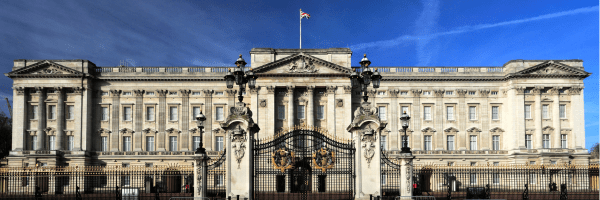Last week, King Charles delivered the King’s Speech at the State Opening of Parliament. This annual address outlines the government’s plans and priorities for the coming year and sets out the legislation that ministers aim to pass. While the speech is delivered by the King, it is drafted by the government.
The speech mentioned 40 new pieces of legislation that could directly impact businesses and the financial security of individuals. Here are some highlights:
Economic Outlook
The government aims to bring about economic stability through the Budget Responsibility Bill, which will allow the Office of Budget Responsibility (OBR) to independently scrutinise significant spending and tax charges. This should improve financial decision-making.
Plans include enhancing the UK’s trade agreement with the European Union, addressing the cost of living crisis, and supporting businesses in funding new jobs and investments.
As indicated in the Labour manifesto, legislation will remove the VAT exemption from private school fees. No other tax changes were mentioned, with further details likely reserved for the upcoming budget in September or October.
Business and Regulatory Reform
The government plans additional intervention and control in the audit market through the Audit and Corporate Governance Bill, aimed at improving investor confidence in UK businesses. This will establish the Audit Reporting and Governance Authority (ARGA) as an oversight body, potentially bringing changes for companies with audited accounts.
Artificial Intelligence (AI) will receive further regulation through new legislation.
Employment and Pensions
The Pension Schemes Bill will introduce reforms to drive investment in homegrown businesses, delivering greater returns for pension savers. The Employment Rights Bill and the Draft Equality (Race and Disability) Bill aim to enhance employment rights, ban exploitative practices, and enshrine equal pay in law.
The government intends to reform the Apprenticeship Levy and establish ‘Skills England’ as a new partnership with employers.
Housing and Infrastructure
The Renters’ Rights Bill will provide greater rights and protections for renters, including ending no-fault evictions and reforming grounds for possession. This builds on measures from the previous Renters’ Reform Bill.
Draft legislation will address leasehold and commonhold reform, banning new leasehold flats and ensuring commonhold is the default tenure. The Planning and Infrastructure Bill aims to reform the planning process and speed up the delivery of high-quality infrastructure and housing.
Energy
The Great British Energy Bill will establish Great British Energy, a publicly owned clean power company headquartered in Scotland, focusing on renewable energy investments such as offshore wind.
Transport
The Rail Reform Bill will reform railway franchising, while the Passenger Railway Services (Public Ownership) Bill will bring eight train operators into public ownership. The Better Buses Bill will allow local leaders to control their bus services.
Health
The Mental Health Bill will ensure mental health receives the same focus as physical health. The Tobacco and Vapes Bill will gradually increase the legal age for buying tobacco and impose restrictions on the sale and marketing of e-cigarettes. Legislation will also regulate the marketing of junk food and restrict the sale of high-caffeine drinks to children.
Conclusion
The King’s Speech confirmed Labour’s intention to deliver on many pre-election promises, with few surprises. For businesses, this could mean greater stability in decision-making and potentially reduced energy costs as renewable sources are harnessed. However, some proposed measures may increase the regulatory burden on businesses. Tax changes remain uncertain until the next budget, expected in September or October.
For more details, see: The King’s Speech 2024.









